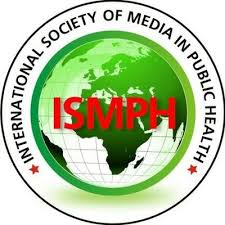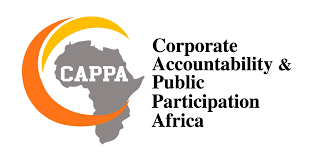
The International Society of Media in Public Health (ISMPH) has called on media professionals to play a more active role in reducing maternal mortality and improving pregnancy outcomes in Lagos State, stressing that “no woman should die while giving birth”.
At a two-day intensive training held in Lagos for traditional and digital media practitioners, ISMPH equipped journalists with the tools to report accurately and responsibly on critical health issues, including maternal and newborn health, family planning, sexual and reproductive health, adolescent health, gender-based violence, and health insurance enrollment.
Speaking during the programme, ISMPH’s Executive Director, Moji Makanjuola, represented by the Director of Programmes, Solomon Dogo—emphasized that the media has a powerful role in shaping public perception, influencing health policies, and driving behavioural change.
“Credible, evidence-based reporting enables pregnant women and families to make informed decisions about their health. Through agenda-setting and storytelling, the media can save lives”, Makanjuola said.
The training, organised by ISMPH and CCSI in collaboration with the Engender Health Consortium, is part of a three-year pilot project spanning Lagos, Kano, and Kaduna aimed at improving Reproductive, Maternal, Newborn, Child, and Adolescent Health and Nutrition (RMNCAH+N) outcomes.
Makanjuola urged journalists to make their reporting human-centred and solution-driven, avoiding sensationalism and speculation. By humanising maternal health stories, she said, journalists can foster empathy, build trust, and inspire action at the community level.
She also highlighted that well-crafted, truthful narratives can influence social norms, empower women, and strengthen demand for healthcare services, ultimately contributing to reduced maternal and infant deaths.
Next Steps
ISMPH pledged continued engagement with the media to ensure sustained awareness and data-driven storytelling, underscoring that the press remains central to achieving Nigeria’s maternal health targets and preventing avoidable deaths.



